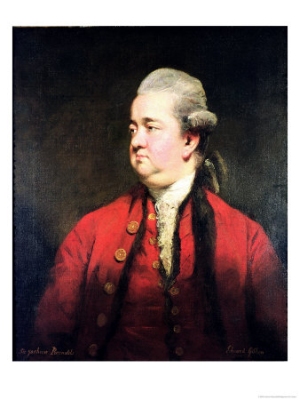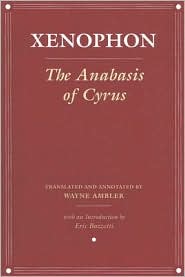Recommended Reading
Monday, May 25th, 2009Top Billing! BLACKFIVE – for their Memorial Day series of posts
Many personal tributes. Go visit!
HG’s World – Memorial Day 2009 and Memorial Day II
A historically-minded tribute from a veteran and a historian.
Fast Company -“I Can See You” by Jamais Cascio
Radical transparency
Abu Muqawama – Greatest. Red Team. Ever.
Yep.
Thomas PM Barnett – WPR column – The New Rules: The Good News on the Global Financial Downturn
Tom’s “in-your-face-pessimists!” survey on the state of post-meltdown globalization and war.
ArmsControlWonk – Essential Reading? (Also check out their coverage of the North Korean nuclear test)
Michael Krepon gives us an excellent reading list for those interested in nuclear strategy and Cold War history.
AFJ – A deterrence we need by Gene Myers
On the folly of nuclear abolitionism
Sic Semper Tyrannis – Haaretz Article on Iranian Realities
The logistical and operational difficulties of an Israeli conventional-only strike on Iranian nuclear facilities without US help and Col. Lang’s opinion that Iran’s leadership is doing all it can to make Israel’s case for help look good.
James Fallows – Back to the gaokao….
Where standardized testing – or rather “the” standardized test – is the educational system and China’s officialdom is starting to wonder if that rigidity isn’t killing creativity and innovation. If only the advocates of NCLB here knew as much as Red Chinese bureaucrats.
SEED – Creation on Command
Neuropsychological inhibition and creativity – how does relaxing control yield ideas?
RECOMMENDED VIEWING:
Behavioral economist Dan Ariely demonstrates how adding complexity to choice dramatically skews decision making in irrational ways. A few years back, Scientific American had an article with research on choice and happiness that demonstrated that the optimum number of choices for human happiness was relatively low. Ariely takes that one step further, many choices often equates to bad decision making because of our tendency to operate on “autopilot” (he does not use that term but it is what he describes).






